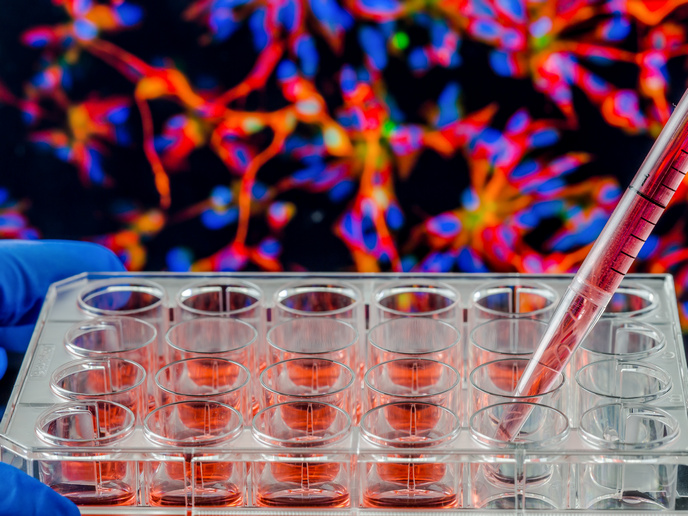Herbal drugs against cardiovascular disease
A number of CVD-associated risk factors have been identified alongside dietary suggestions or compounds that could reduce or prevent CVD. TCM utilising medicinal plants has made a significant contribution to successfully treating CVD. However, the mechanisms of action of these plants and the responsible bioactive compounds are largely unknown. Seeking to address this, the EU-funded TCM-VASC project set out to discover and characterise bioactive natural compounds against CVD found naturally in medicinal plants. Researchers selected a variety of plants traditionally used in China for the treatment of CVD and prepared crude extracts. They investigated the efficacy of the plant extracts in functional cell-based assays, showing a pronounced inhibition of the proliferation of vascular smooth muscle cells (VSMCs). In atherosclerotic plaques, VSMCs display an altered, more proliferative phenotype, resulting in the narrowing of the lumen of the affected vessel and decreased blood flow. As a result, TCM herbal extracts capable of suppressing VSMC proliferation could offer an alternative treatment against ischaemia. Some of the TCM-VASC compounds were very potent, with effective doses at the nanomolar range. Mechanistic insight into these bioactive compounds indicated that they work by inhibiting the impact of serum and platelet-derived growth factor on VSMC proliferation. In particular, the anti-proliferative action of one compound involved activation of the nuclear factor (erythroid-derived 2)-like 2 and its target gene heme oxygenase-1. Taken together, work by TCM-VASC underscores the validity of using medicinal plants as measures with health-promoting or disease-preventing properties. Identification of the bioactive compounds in these plants should also lead to the development of new, targeted pharmaceuticals.







